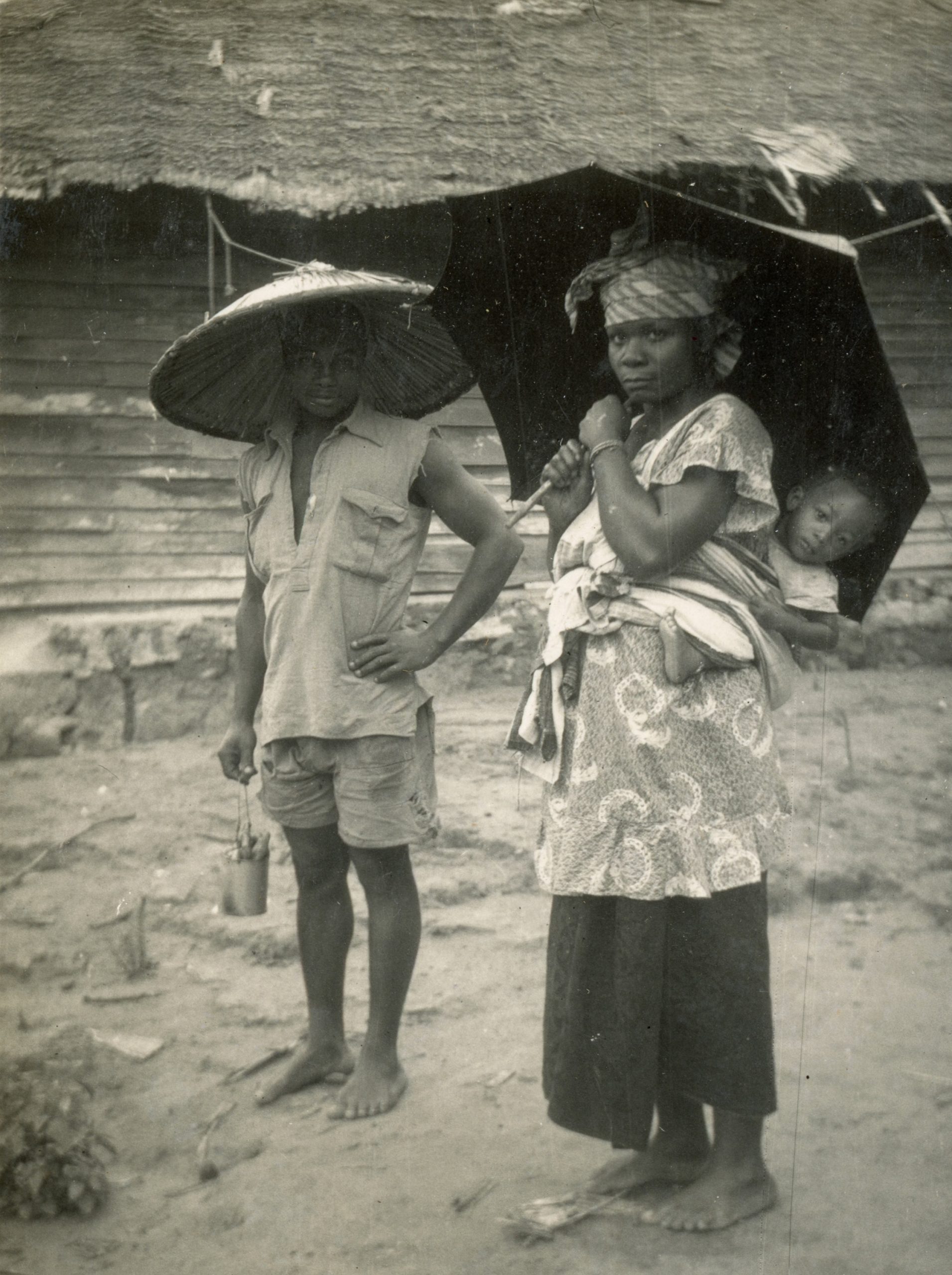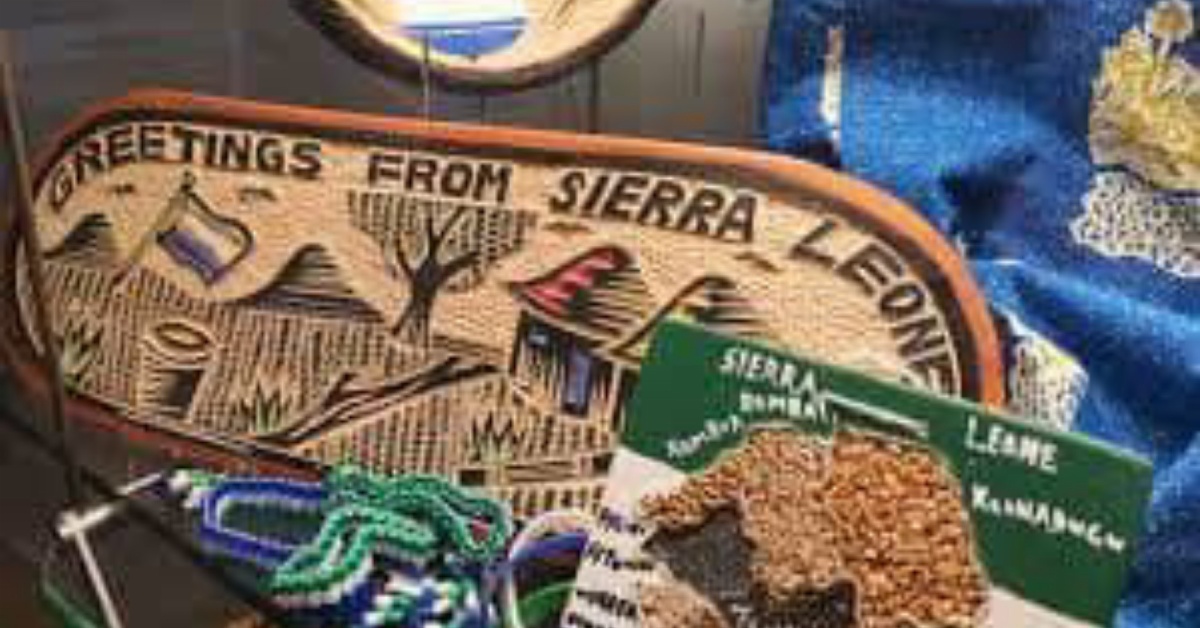A free photography exhibition examining the shared homelands of British service personnel and Sierra Leonean people during the upheaval of the Second World War opened at the Streetlife Museum on Saturday 1 October.
The exhibition is taking place during Black History Month, which is observed every October.
Wartime photography by Corporal Fred Birden has been selected and reinterpreted by local members of the Hull Afro Caribbean Association who were either born, lived, or worked in West Africa. Their insights bring a fresh dimension to an important privately owned collection of photographs of Sierra Leone just prior to decolonization from Britain.
The project is part of ongoing work between the Hull Afro Caribbean Association, Hull Museums, and the University of Hull to increase the visibility of Hull’s African Caribbean community.

Freetown, the capital of Sierra Leone, has been Hull’s twinned city for over 40 years. The country remained a British colony throughout World War II and played a critical role in supporting the Allies throughout the conflict.
Siddi Maju, who played a leading role in community consultation events said: “The sights, sounds, and excitement of life in Sierra Leone make it a very special place that is close to my heart.
“My homeland, Salone as we all call it, maybe far away. But when I first visited Hull in 2007, as part of the Bicentenary of the Abolition of the British Slave Trade, I could see its capital of Freetown was important to the people of Hull. This made me smile! The Hull Afro Caribbean Association, of which I am a member, is very proud to have worked with the University of Hull and Hull Museums to create an exhibition that showcases to people living in Yorkshire the rich history and cultural traditions of West Africa.”
Dr. Nicholas Evans is Senior Lecturer in Diaspora History at the Wilberforce Institute, University of Hull, and helped to organize the exhibition. He said: “In conceiving this exhibition, we wanted to challenge local perceptions of Freetown in Sierra Leone.
“The beautiful hinterland of Hull’s only twin city is rich in flora and fauna, cultural traditions, and built heritage. Yet we often only ever hear about Sierra Leone in the context of British antislavery in the eighteenth and nineteenth centuries, with reference to the civil war that engulfed the country for several decades at the end of the twentieth century, or because of the disastrous Ebola disease pandemic in the last decade. Our exhibition reveals less well-known aspects of the rich and vibrant history of Sierra Leone captured in hundreds of photographs by Fred Birden during the Second World War. The images are the important lenses through which to view the story of Sierra Leone and its people taken at a time when Hull was being bombed during the blitz.”
The exhibition has been funded by Hull Museums through support from Arts Council England and the Wilberforce institute at the University of Hull. Alongside Fred’s photographs, local communities have also contributed displays of objects reflecting themes in the exhibition, including items from the Hull Afro Caribbean Association, Freetown Society, Judith Harrison, and the Wilberforce Institute.
Homelands: Photography from Sierra Leone in the 1940s is on display at the Streetlife Museum from Saturday 1 October to Monday 31 October and entry is free.











